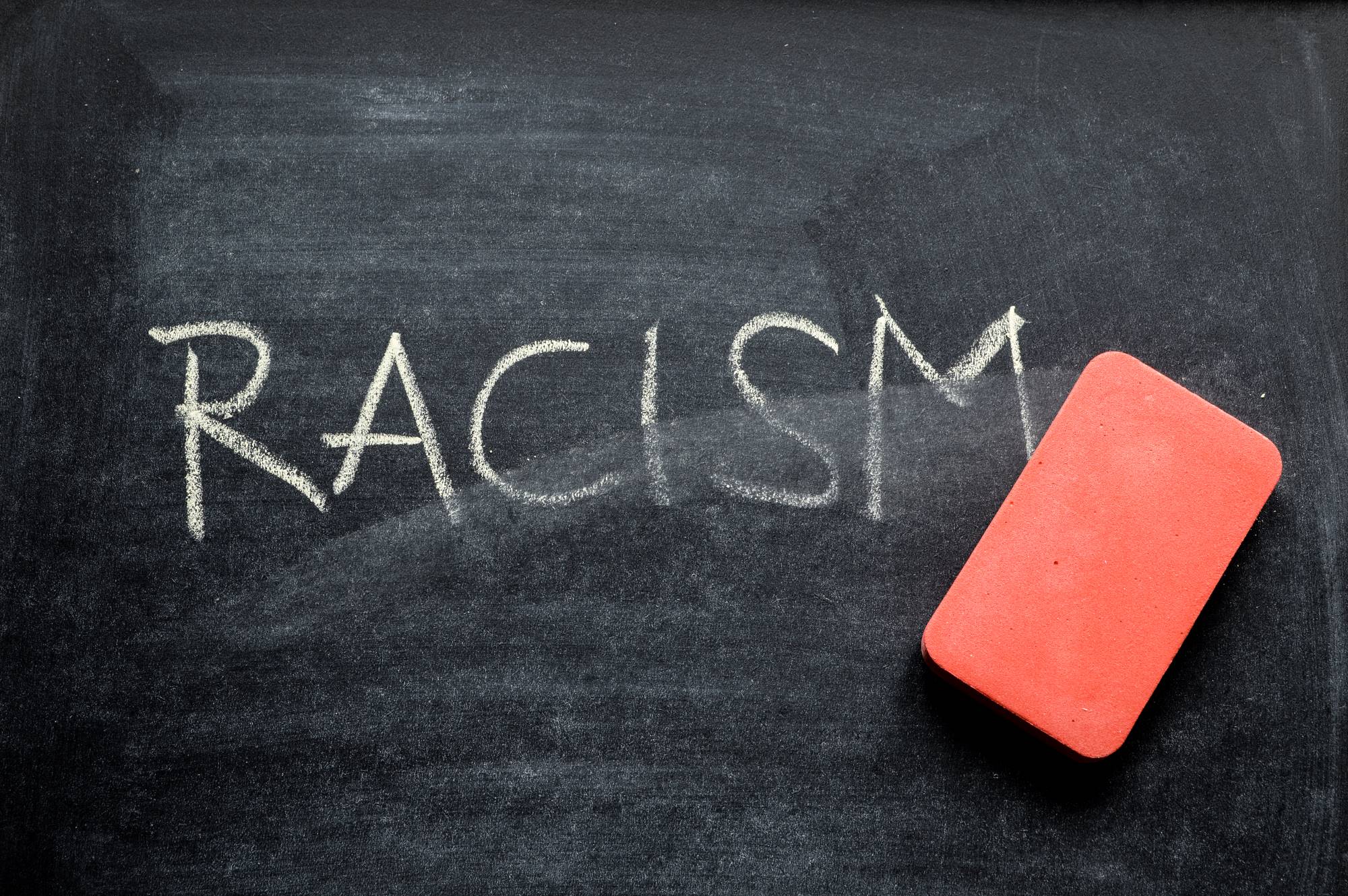Is racism in the workplace a thing of the past?
The short answer is: unfortunately not. Recent research published by the TUC has reported that two in five black and minority ethnic (BME) workers have reported experiencing racism at work in the last five years.
According to the TUC’s report, published on 31 August 2022, the most common types of racial harassment reported were:
- racist jokes and banter (27%),
- being made to feel uncomfortable at work due to the use of stereotypes or appearance-based comments (26%),
- bullying or harassment (21%) and
- racist remarks directed at the individual or made in their presence (21%).
Most instances were perpetrated by fellow employees.
All employers should take steps to try and make sure race discrimination does not happen at work. Incidents of racism and discrimination have a clear negative impact on an individual. Around a third of those surveyed reported that the most recent incident left them feeling less confident at work (35%), with 34% saying that it made them feel embarrassed and 31% reporting that it had a negative impact on their mental health.
It could also adversely affect an employer’s wider organisation as it could lead to increased sickness absence levels, low morale and loss of good employees through resignation. It could also result in expensive employment tribunal claims, with associated reputational damage for employers.
Can we be held responsible for acts of our employees that constitute racism?
Yes. Under the Equality Act 2010, employers can be held to be vicariously liable for discrimination or harassment committed by an employee in the course of employment, regardless of whether the employee’s acts were done with the employer’s knowledge or approval.
Do we have a defence if we didn’t know what the employee was doing?
Yes. There is a defence available to an employer if it can show that it has taken “all reasonable steps” to prevent the harassment or discrimination from taking place in the first place.
What are “reasonable steps”?
Reasonable steps will usually include:
- having and implementing an equal opportunities policy, anti-harassment and bullying policy and dignity at work policy and reviewing these policies as appropriate (e.g., annually).
- making all employees aware of these policies and their implications.
- training managers and supervisors in equal opportunities and harassment issues.
- taking steps to deal effectively with any racism complaint as soon as it is raised, including taking appropriate disciplinary action where complaints are well founded.
How do I demonstrate that we have taken all “reasonable steps”?
It is important to ensure that you have a formal complaints procedure in place setting out that complaints will be treated seriously, confidentiality and promptly. This procedure is usually contained in a dignity at work policy.
The complaints procedure should include a detailed investigation process and set out possible next steps following completion of the investigation. This could include taking disciplinary action (up to and including dismissal) against the alleged harasser, changing reporting lines so that the complainant no longer has to work alongside them, mediation or some other action.
You should also include a right of appeal for circumstances where the complainant is not satisfied with the outcome of their complaint.
What happens if the complainant is not satisfied with the outcome of the internal proceedings?
The employee could bring proceedings against their employer in an employment tribunal. Before bringing such proceedings, they are required to participate in the mandatory pre claim ACAS Early Conciliation procedure. If resolution is not achieved via ACAS, they can bring an employment tribunal claim against you.
What happens if the claim is successful?
In a successful discrimination claim, a tribunal may make one or more of the following orders:
- a declaration of the rights of the parties
- an order for compensation
- an appropriate recommendation as to what steps the employer should take to reduce the adverse effect of discrimination on the individual.
Compensation can be awarded for financial losses (including loss of earnings, pension and benefits in kind, as well as any out-of-pocket expenses) and non-financial losses (including injury to feelings). There is no upper limit on the amount of compensation that can be awarded.
Can the alleged harasser be held personally liable for discrimination or harassment?
Yes, the Equality Act 2010 makes employees personally responsible for unlawful discrimination committed by them in the course of their employment. This means that a complainant can bring employment tribunal proceedings against an alleged individual perpetrator in an employment tribunal, as well as against their employer.
Where employee and employer are held liable for the same discriminatory act, they are jointly and severally liable and the tribunal has no power to apportion liability.
Please contact Lesley Grant, Associate or any other member of the BTO Employment Team if you would like to discuss any aspect of this blog.
This update contains general information only and does not constitute legal or other professional advice.
Lesley Grant, Associate ljg@bto.co.uk / 0141 221 8012 / Connect with Lesley on Linkedin





